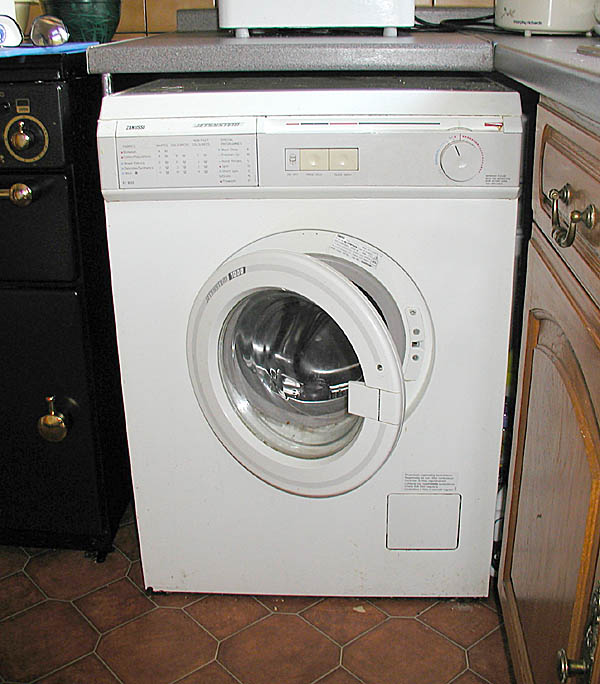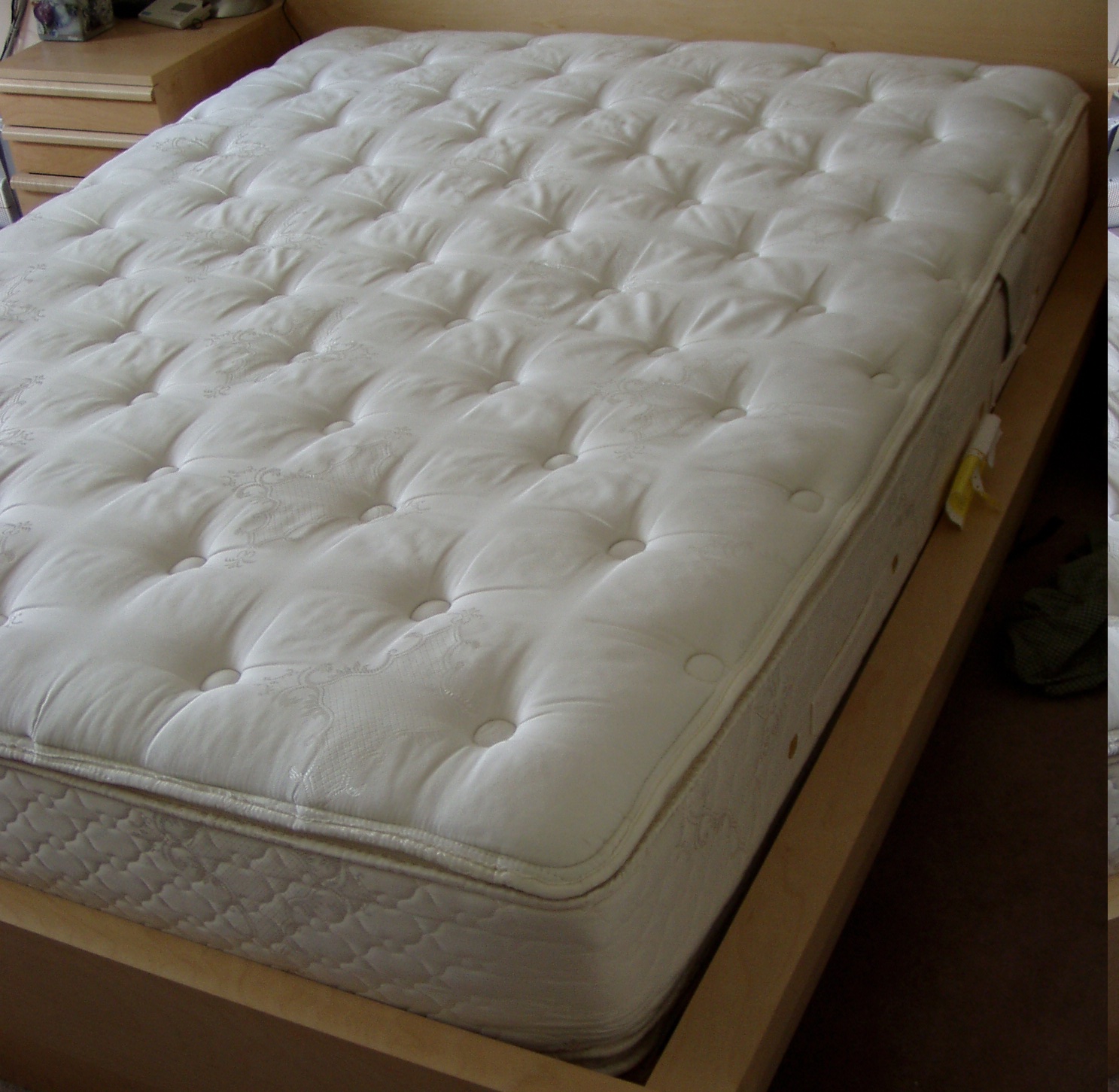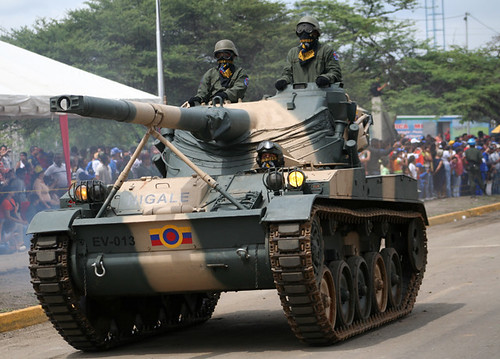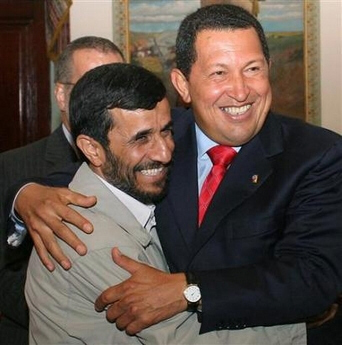What to do when he does not understand a "no"? Avoid him? And if that is not enough? Call the police? And if the police is under his total control? What if several times a week when you are watching some political programme or news or sports event on TV his image suddenly appears on the screen and no matter what TV channel you switch to, you just get his face and his voice (that unless you have cable TV as only 29% of Venezuelans have). Don't bother turning on the radio, unless you want to listen to short wave.
Well, Chávez has long become a stalker of Venezuelans. His face is plastered in zillions of government-payed posters all around the country and the forced transmissions of his messages are becoming a daily experience. We have a personality cult of Turkmenistan proportions. In fact, we have a personality cult of our own now.
Chávez is again trying to secure the possibility of being reelected after his term finishes in 2013. His proposal, sandwitched in a constitutional reform proposal in 2007, was narrowly rejected. He said back then he would propose again the reform in ways the people could understand it better. He is mostly obsessed with staying in power so now now he will focus on the reelection issue only. Remember Venezuela is a strongly presidential system, so it is not like a prime minister getting reelected. The curious thing is he is behaving like a real, very sick stalker: he keeps repeating his people in his Sunday show Aló Presidente that if the law is not changed, he would have to go in 2013. Yesterday he did it again, but now in a rather very obsessive
way:
"If the change to the constitution is not aproved, my days are counted: 2009,2010,2011,2012 and in 2013 I would go, I don't know where". He is trying to convince people to vote fin the referendum in February or March for a constitutional change that would allow him indefinite reelections. Chávez became popular after the biggest oil boom in Venezuela for decades allow ed him to go on an incredible spending spree without any plan for sustainable development. Now oil prices have dropped since their records in June-July of 2008, but still they are 3 times higher than they were in 1998 in a country where 90% of revenues is generated by oil. Chávez wants his reform as soon as possible.
When I first arrived in Europe sometimes people would ask me about the state of democracy in Venezuela and if we had "another of those dictatorships". It was kind of annoying to be explaining those things: no, we had the longest democracy in South America, it was very corrupt, inefficient, too dependent on oil, but things were progressing with education and so on.
But then Venezuela has something special: a lot of oil combined with a fixation for the times when Venezuelans led the independence movements in South America, something I would call the Bolivar complex. We are indeed very dependent on oil and we have become more so year after year. A long period of low oil prices coupled with populism, the evils of the petrostate and a population with a mediocre education have engendered this Latin American gollum called Chavismo. It is not a dictatorship, it is not a normal, healthy democracy.
What can we do? These are the facts:
1) We can vote against such reform and we have good chances of winning BUT
2) There are still many Venezuelans in love with Chávez due to his social spending (even if contrains are approaching, Chávez will go on spending as long as he can now to keep popularity to pass the vote)
3) a lot of Venezuelans still don't see the long-term effects of Chávez's policies
4) Many Venezuelans who dislike Chávez do not have a plan for after him
5) The vast majority of Venezuelans - whether pro or against Chávez - think one way or the other the wrong thing is this or that president, but Venezuela is "a very rich country". Even if we have so much oil, if you do the maths you will notice there is no way we can become a prosperous country if we don't diversify fairly quickly.
This could lead to a vicious circle of Chavez-like-figures-to-transition-governments-to-Chavez-like-figures.
6) Social inequalities have only risen and this will increase extremism of every kind
7) Latin Americans in general and Venezuelans in particular are in
complete denial of the faults in their educational system and do not see where and what they need to improve there. Venezuelans are particularly guilty there and have been behaving like the new rich, ignorant kid on the street since they stroke black gold.
So: what can we do? Only when he can solve those issues will we get rid of Chávez and similar figures. Stay tuned.

































